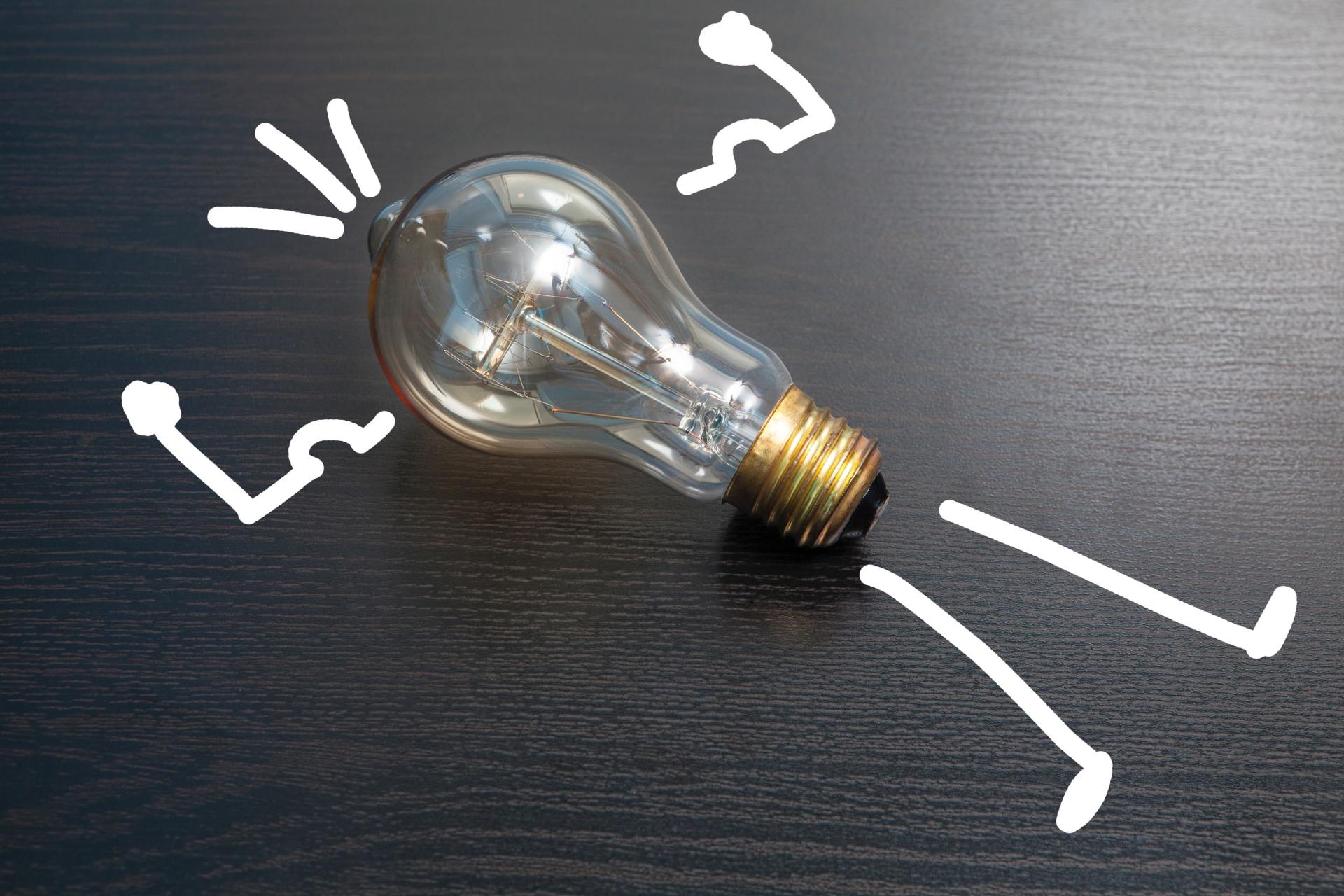Rules Of Federal Claim Construction in Defining Your Patented Invention

Markman and Your Patent Claims
In Markman v. Westview Instruments, Inc., both the Federal Circuit and the Supreme Court emphasized that a patent is a legal instrument, to be construed by the court as a matter of law. See Markman v. Westview Instruments, Inc., 517 U.S. 370 (1996). As explained in Phillips v. AWH Corporation, claim construction begins with and focuses on the language of the claims: “It is a bedrock principle of patent law that the claims of a patent define the invention to which the patentee is entitled the right to exclude.” In addition, “the person of ordinary skill in the art is deemed to read the claim term not only in the context of the particular claim in which the disputed term appears, but in the context of the entire patent, including the specification.” The specification is “always highly relevant” in claim construction and is usually dispositive, but limitation should not be read from the specification into the claim. See Phillips v. AWH Corp., 415 F.3d 1303 (Fed. Cir. 2005). The court can consider the prosecution history as intrinsic evidence, but since the prosecution history shows the intermediate steps of negotiation with the PTO, rather than the final product of those negotiations, it is less useful than the claims and specification. Therefore, the claims and specification should form the foundation of the court’s claim construction.
Courts may also consider extrinsic evidence, such as dictionaries, treatises, and the testimony of inventors and experts. The Federal Circuit, however, regards such evidence as “less significant than the intrinsic record in determining the legally operative meaning of claim language.” Extrinsic evidence is also “less reliable than the patent and its prosecution history in determining how to read claim terms.” Thus, extrinsic evidence should be given less weight than the intrinsic evidence.
In summary, the Federal Circuit has endorsed the following rules of construction:
- Claim construction determines “the ordinary and customary meaning” of a disputed claim term, which “is the meaning that the term would have to a person of ordinary skill in the art in question at the time of the invention, i.e., as of the effective filing date of the patent application";
- The claims of the patent define the invention of the patent that the owner can exclude others from practicing;
- Intrinsic evidence consists of the claims, the specification, and the patent prosecution history record. Intrinsic evidence should be given great weight in construing claims, and the specification is the primary basis for construing ambiguous claim language; and
- While extrinsic evidence, such as dictionaries, technical treatises, and inventor and expert testimony, can be consulted in claim construction, it is less significant than the intrinsic record. Dictionaries and treatises are considered relevant and useful for informing the court how one of ordinary skill in the art would understand the technology.
Claim construction is critical, beginning with the precise language of the patent claims themselves, as highlighted by the Supreme Court and the Federal Circuit. These claims delineate the inventor's exclusive rights, necessitating a thorough examination within the context of the entire patent document. The Wilson Legal Group excels in navigating these complexities, emphasizing the importance of the specification and the claims in defining the invention.
Moreover, while the prosecution history offers valuable insights into the patent's development, it is the claims and the specification that primarily guide our legal strategies. Our expertise extends to judiciously incorporating extrinsic evidence, such as expert testimonies and technical dictionaries, though always prioritizing the intrinsic record for its definitive clarity on patent terms.
Maximizing Patent Protection with Expert Claim Construction - Wilson Legal Group, Dallas, Attorneys
At
Wilson Legal Group, we understand the cornerstone of
patent litigation and
patent prosecution: claim construction. This pivotal process defines the scope and boundaries of patent claims, crucial for enforcing intellectual rights. Precise claim construction can mean the difference between safeguarding your innovations and facing costly disputes. Trust our expertise to navigate these complexities, ensuring your patents are robustly protected and meticulously defended in any legal challenge. The Wilson Legal Group's approach aligns with the Federal Circuit's perspective, valuing intrinsic evidence above extrinsic in determining the true scope of patent claims. Our commitment to precision in claim construction not only secures your innovations but also fortifies them against legal challenges, ensuring your intellectual property remains uncompromised.



Have an idea for a blog? Click and request a blog and we will let you know when we post it!










